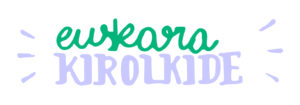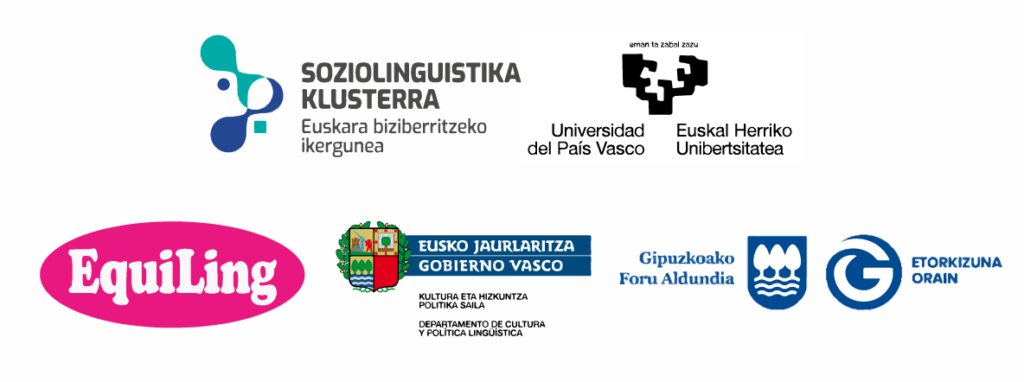In their role as small cultures, clubs also make up language cultures. Speakers of the languages in question are one of their main pillars. The other is the symbolic dimension of language, i.e. the links generated with identity. Basque works on a spectrum: it is spoken mostly at school and at home. In leisure and sport, it is spoken less.
From the clubs’ point of view, one of their achievements may be bilingualism, but this is not enough to reverse inertias and habits. Especially if it happens at formal level without taking root in personal relations. Initia-tives like Korrika or Euskaraldia are an umbrella under which to propose new dynamics. They prick consciences. But they also increase the feeling of provisionality: Basque is (always) the goal and the target, but it seems difficult to bring it out of the realm of wishes. This gives rise to a certain feeling of impotence.
There is no doubt that Basque is a symbol, but its presence in everyday life is patchy. Ultimately, clubs’ wishes come up against the same limitations as Basque has in society: Basque has had scant presence in the process of developing and institutionalising clubs; there is little tradition of it in most sports. In this context, clubs have been left waiting for the overall circumstances of Basque to change.
The scarcity of resources and opportunities to stabilise the efforts made means Basque lives on through the determination of its speakers. Basque is often associated with particular names and surnames in clubs.

